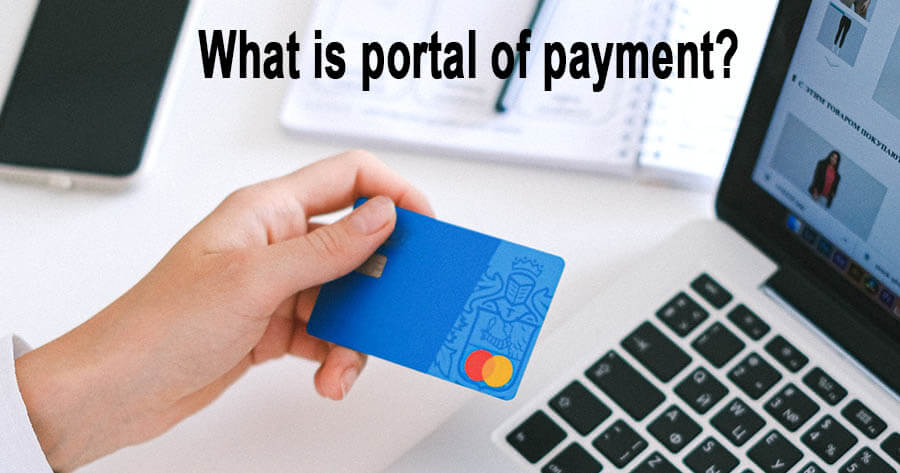What is a payment portal?
- Payment portals: keeping your operations safe and your customers happy
- How do payment portals work?
- What is a payment processor?
- Types of integrations in a payment portal
- Disadvantages of payment portals
- Benefits of using multiple payment portals at the same time
- Considerations when choosing a payment portal
- Conclusion
- Read Comments

